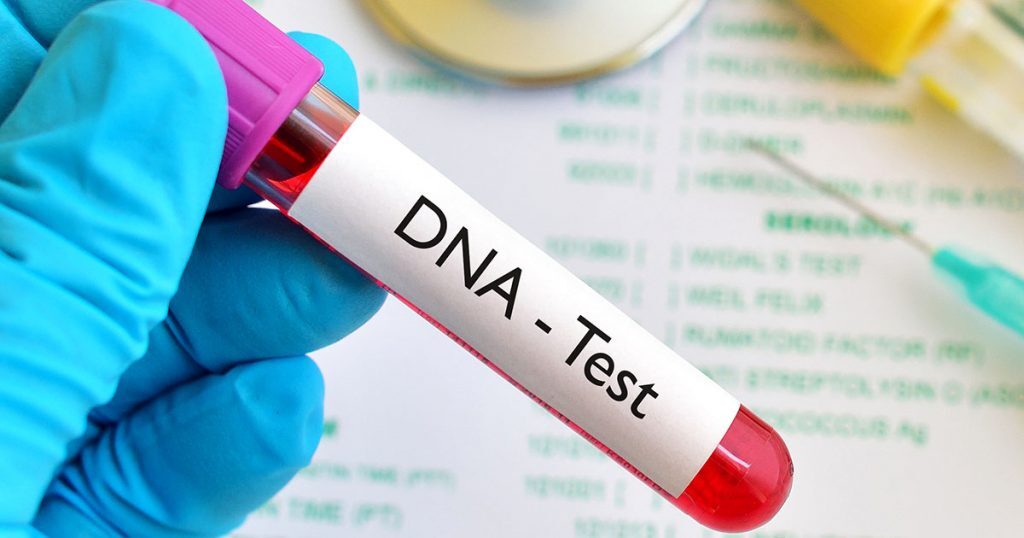During the annual Women Leaders’ Forum, the Minister of Gender, Labour, and Social Development, Ms Betty Amongi, expressed her perspective on the ongoing debate surrounding DNA paternity testing.
Speaking under the theme “Consolidating the Gains on the Delivery of Gender Equality and Women’s Empowerment,” she emphasized the need to address the issue as a social matter rather than a purely legal one.
Ms Amongi highlighted that if DNA were considered the sole determinant of families in Uganda, approximately 53 percent of families would have dissolved a long time ago.
She stated that such behavior would have affected the existence of families as a whole, indicating that communities in Uganda have certain safeguards and cultural practices to handle children born outside of marriage.
The Ministry of Internal Affairs recently reported a significant increase of 70 percent in men seeking DNA tests for paternity verification.
Ms Amongi stated that societal norms treat children born within a marriage as the responsibility of the husband, and breaking up a family solely based on the discovery of a child’s paternity is not culturally accepted. Such matters are typically resolved through clan meetings.
The minister attributed the current anxiety surrounding paternity issues to a few individuals who have discovered their biological connection with their children and others attempting to avoid responsibility.
The phenomenon, she noted, is more prevalent in urban areas like Kampala.
She proceeded to note that “the anxiety now has been caused by a few individuals who have found out that the children they have are not theirs, and also there are people who want to escape responsibility…”
To address the challenges faced by children in Ugandan communities, the government is actively engaging with religious and cultural institutions to raise public awareness.
Another participant at the forum, Ms Sarah Achieng Opendi, a lawmaker from Tororo District, called upon the Ministry of Health to regulate DNA testing centers to ensure quality assurance.
She drew parallels with inaccurate COVID-19 test results and expressed concerns about the accuracy of certain laboratories in determining paternity.
Ms Rukia Nakadama, the third deputy prime minister, warned about the potential consequences of the DNA testing debate.
She cautioned that it could lead to a rise in domestic violence cases, an increase in divorce rates, and animosity towards children.
“We have seen situations where health workers are paid and they exchange people’s children in hospitals,” she revealed, adding, “So, if a father wants to do a DNA test, let it be done when a child has just been born and if you don’t do it at birth, just leave it.”
